Q&A#114 Why is the Apostle Peter Called Simon Bar-Jonah?

Today's question: "I found it odd that Jesus would address Peter as "Simon bar-Jonah" after his declaration of Jesus as the Christ (Matthew 16:17) -- not because it's uncommon for men to be referred to as "the son of" someone in the biblical text, but because the occurrence takes place so soon (in the text) after Jesus' declaration that the only sign that the "wicked and adulterous generation" would receive was "the sign of [what I assume to be the prophet] Jonah" (16:4). Do you see anything beyond the coincidental double appearance of the name Jonah here?"
See my recent article on Boat Stories for more on some of the themes I discuss here: https://theopolisinstitute.com/article/boat-stories.
My blog for my podcasts and videos is found here: https://adversariapodcast.com/.
If you have any questions, you can leave them on my Curious Cat account: https://curiouscat.me/zugzwanged.
If you have enjoyed these talks, please tell your friends and consider supporting me on Patreon: https://www.patreon.com/zugzwanged. You can also support me using my PayPal account: https://bit.ly/2RLaUcB.
The audio of all of my videos is available on my Soundcloud account: https://soundcloud.com/alastairadversaria. You can also listen to the audio of these episodes on iTunes: https://itunes.apple.com/gb/podcast/alastairs-adversaria/id1416351035?mt=2.
More From Alastair Roberts
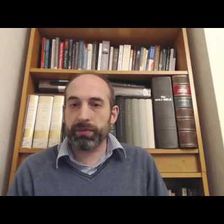
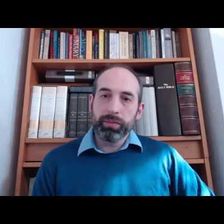
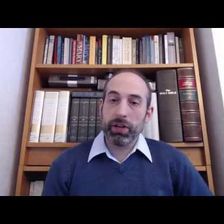
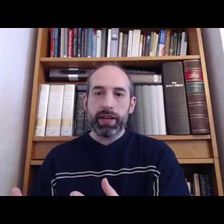
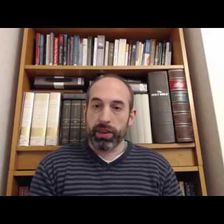
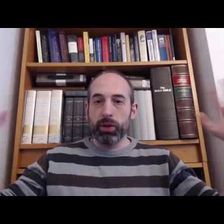
More on OpenTheo















